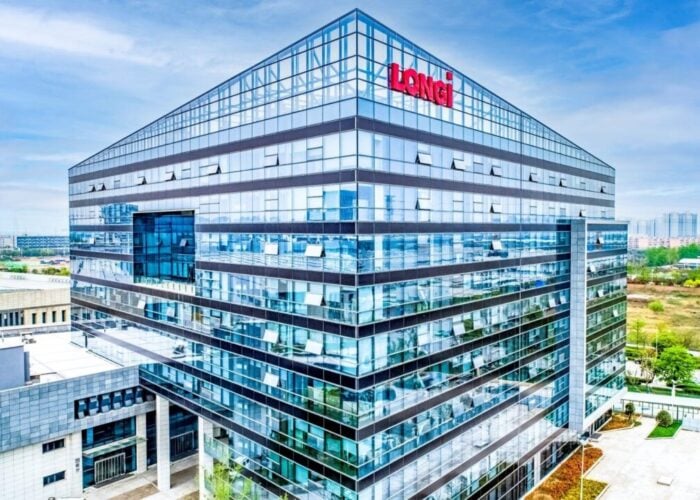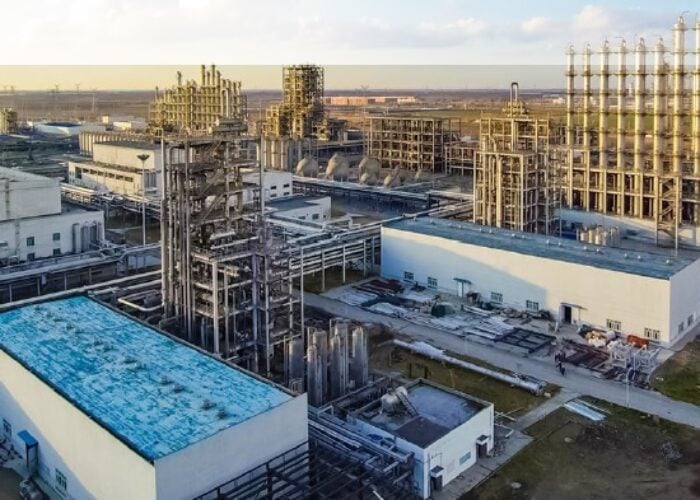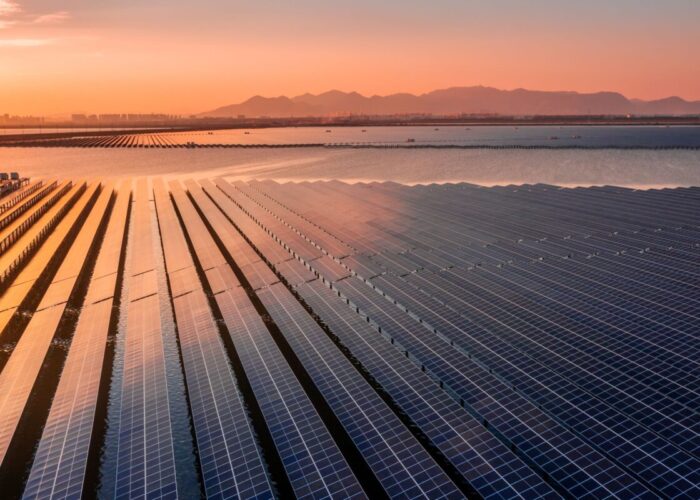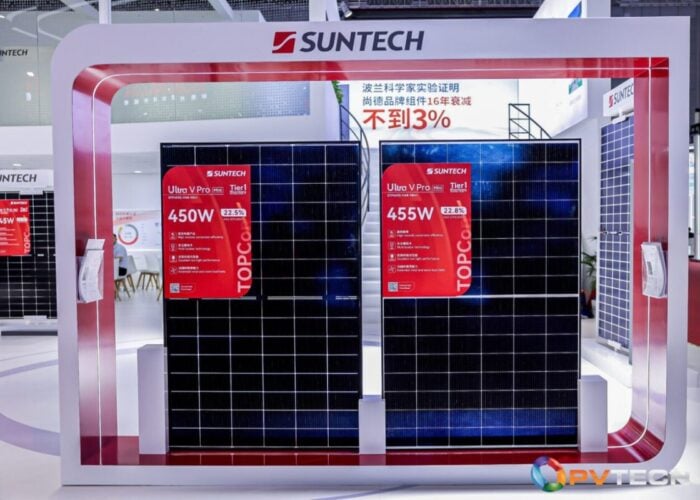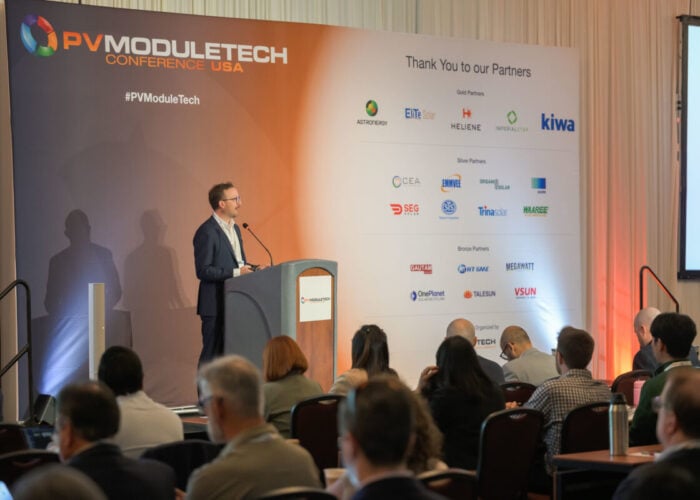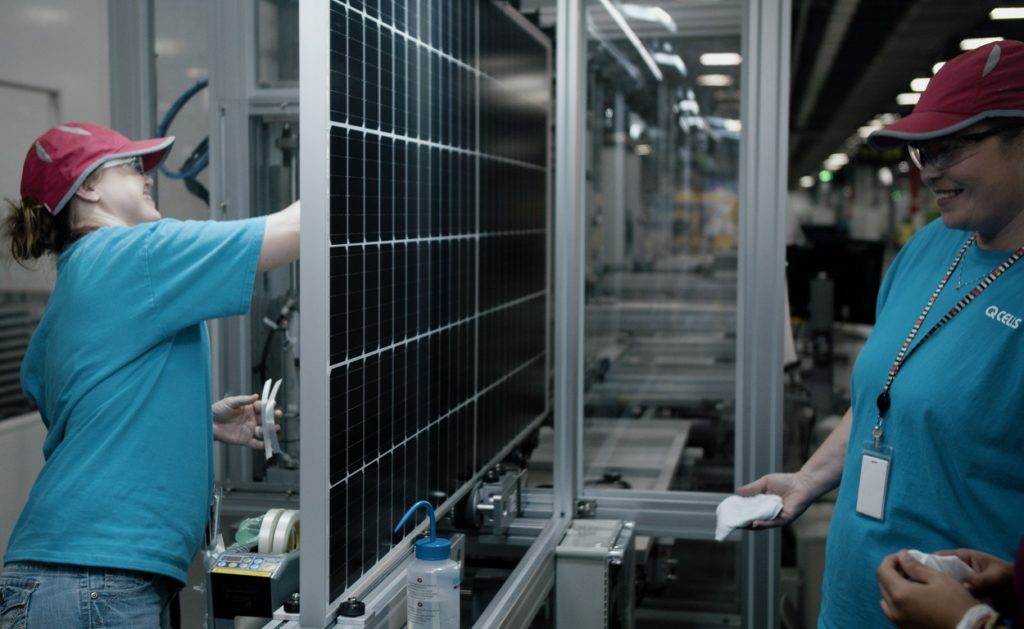
The World Trade Organization (WTO) has rejected China’s challenges to US safeguard tariffs on certain crystalline silicon PV cells, ruling that the measures have not breached global trade rules.
A WTO dispute settlement panel issued a report yesterday (Thursday 2 September) rejecting China’s claims relating to the Section 201 tariffs that were introduced by the Trump administration in 2018 to support US solar manufacturers.
Unlock unlimited access for 12 whole months of distinctive global analysis
Photovoltaics International is now included.
- Regular insight and analysis of the industry’s biggest developments
- In-depth interviews with the industry’s leading figures
- Unlimited digital access to the PV Tech Power journal catalogue
- Unlimited digital access to the Photovoltaics International journal catalogue
- Access to more than 1,000 technical papers
- Discounts on Solar Media’s portfolio of events, in-person and virtual
China requested the establishment of a WTO panel in 2019, alleging that the US imposition of the safeguard was inconsistent with trade rules. However, the panel has rejected all of China’s claims, including that the US failed to establish a causal link between increased imports and serious injury to its domestic industry.
“I welcome the WTO panel’s findings rejecting China’s challenges to the US solar safeguard as baseless,” said US Trade Representative Katherine Tai.
The Section 201 tariffs on crystalline silicon photovoltaic cells were introduced at a rate of 30% and were to be in place for four years, declining by five percentage points each year. However, then-President Trump issued a proclamation last October that imposed the safeguard duties on bifacial panels, which were previously excluded, and increased the tariff rate from 15% to 18% for its fourth year (2021).
With the Section 201 tariffs due to expire in February 2022, an investigation is set to be launched on whether they should be extended beyond then.
US-based module manufacturers Auxin Solar and Suniva last month filed a petition with the US International Trade Commission to extend the tariffs for another four years. Another petition was submitted days later by Hanwha Q CELLS USA, LG Electronics USA and Mission Solar Energy, which claimed the removal of the safeguard measures would “make it more likely that the US becomes wholly dependent on imports”.
However, the Solar Energy Industries Association, which has previously called on President Biden to scrap the tariffs, is instead calling for increased federal investment to support US PV manufacturers. Responding to the first petition filed last month, the trade body’s vice president of market strategy and general counsel, John Smirnow, said: “If we hope to reach our ambitious climate goals, we must accelerate solar deployment, not hinder it with unnecessarily punitive trade measures.”

